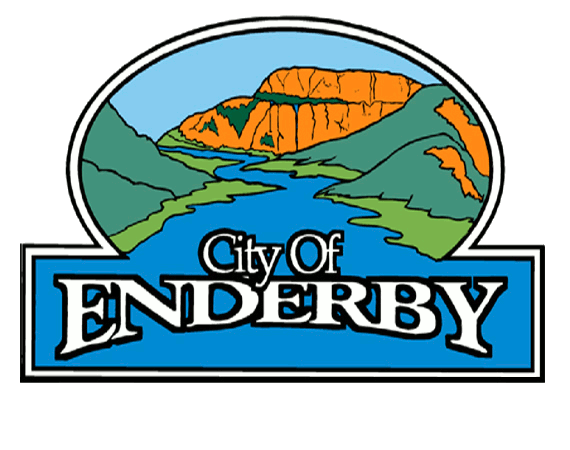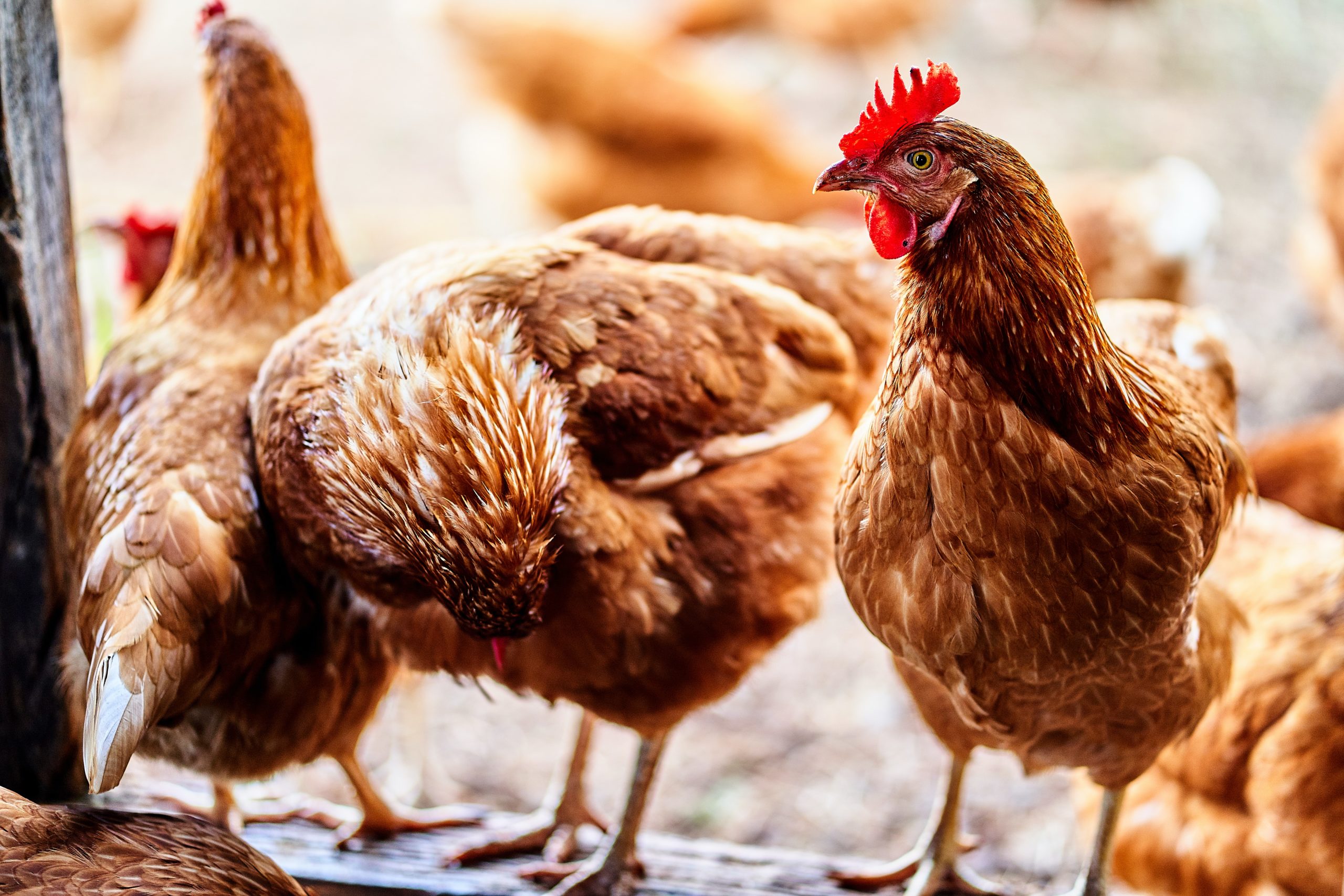The keeping of backyard hens and bees is permitted on single-family properties. Although the keeping of backyard hens and bees provides a range of benefits, bylaws are in place to ensure that neighbourhood nuisances do not arise and the animals have healthy living conditions.
Backyard Hens
The keeping of up to five (5) backyard hens is permitted in the Residential Single Family (R.1/R.1-A) and Residential Two Family (R.2) zones provided there is a single-family dwelling on the lot. The keeping of roosters is not permitted and eggs produced by backyard hens are for personal use only (no commercial sales).
The owner of backyard hens must provide a coop with an attached outdoor enclosure, which meets specified criteria, and the backyard hens must be housed completely within the coop or attached outdoor enclosure at all times. The coop and outdoor enclosure must be located entirely to the rear of the single-family dwelling and must be fully enclosed by fencing that is at least 1.8 m (5.9 feet) in height.
In order to keep backyard hens, the flock must be licensed with the City of Enderby. Once you have submitted your license application, a City representative will arrange to inspect the property and work with you to ensure that the bylaw requirements have been satisfied.
Backyard Hens License Application and Checklist
Prior to submitting your license application, you should familiarize yourself with the bylaw requirements related to the keeping of backyard hens (coop sizing and siting, storage of feed, removal of feces, etc.), which can be found through the links below:
Animal Control Bylaw – Backyard Hens
As of July 1, 2022, the Province has mandated Premises Identification registration for the owners of backyard hens. Premises Identification is a way of linking poultry to specific geographic locations in order to inform planning and response to animal disease events or natural disaster emergencies like floods or fires. For more information on how to register your flock with Premises Identification, please visit:
https://www2.gov.bc.ca/gov/content/industry/agriculture-seafood/programs/premises-id
Backyard Bees
The keeping of bees is permitted in the Residential Single Family (R.1/R.1-A) and Residential Two Family (R.2) zones provided there is a single-family dwelling on the lot. A maximum of two (2) beehives / colonies and two (2) nucleus colonies are permitted on lots less than 1,000 m2 (0.25 acre), and a maximum of four (4) beehives / colonies and four (4) nucleus colonies are permitted on lots equal to or greater than 1,000 m2 (0.25 acre). Honey produced by backyard bees is for personal use only (no commercial sales) and the beekeeper must be a resident of the property where the bees are kept.
Beehives must be located entirely to the rear of the single-family dwelling and must be fully enclosed by fencing that is at least 1.8 m (5.9 feet) in height.
In order to keep backyard bees, the bees must be licensed with the City of Enderby. Once you have submitted your license application, a City representative will arrange to inspect the property and work with you to ensure that the bylaw requirements have been satisfied.
Backyard Bees License Application and Checklist
Prior to submitting your license application, you should familiarize yourself with the bylaw requirements related to the keeping of backyard bees (beehive siting, beehive orientation, etc.), which can be found through the links below:
Animal Control Bylaw – Backyard Bees
As of July 1, 2022, Premises Identification registration is mandatory for the owners of backyard bees. Premises Identification is a way of linking bees to specific geographic locations in order to inform planning and response to animal disease events or natural disaster emergencies like floods or fires. For more information on how to register your bees through Premises Identification, please visit:
https://www2.gov.bc.ca/gov/content/industry/agriculture-seafood/programs/premises-id
Last Updated on April 5, 2023.


